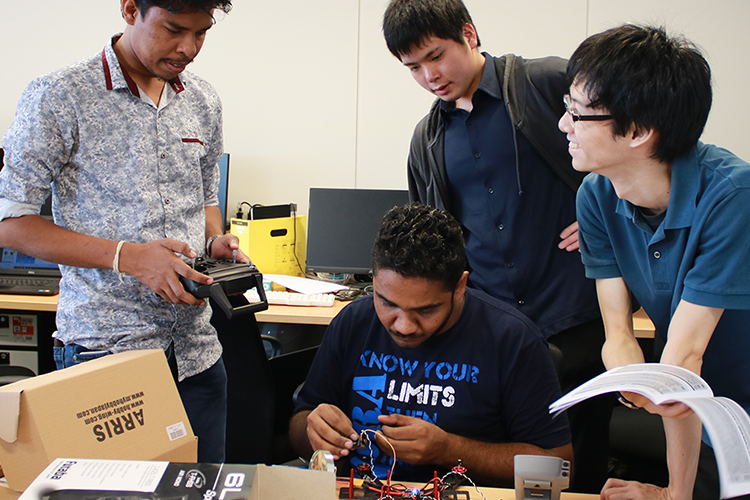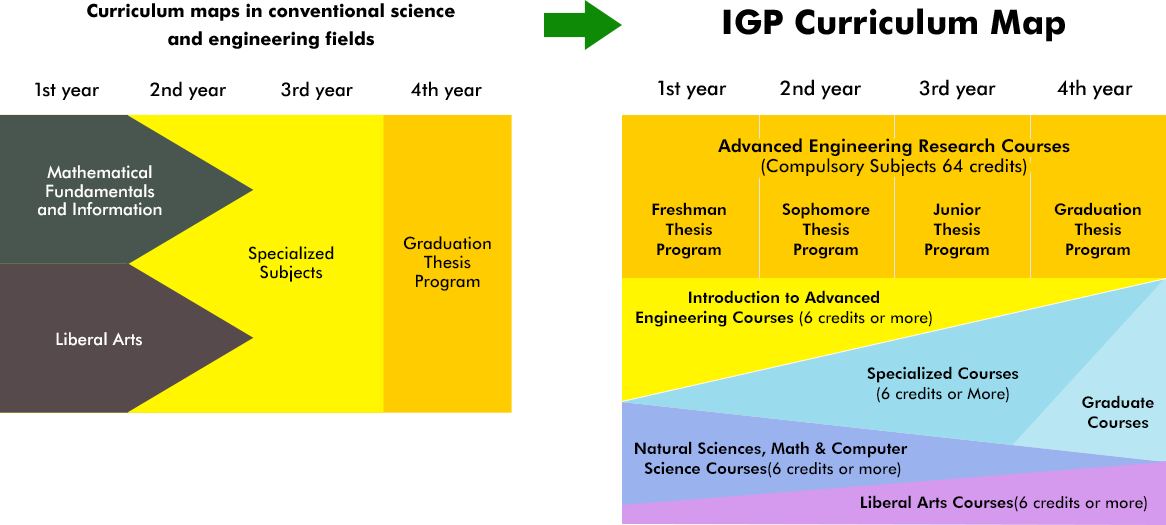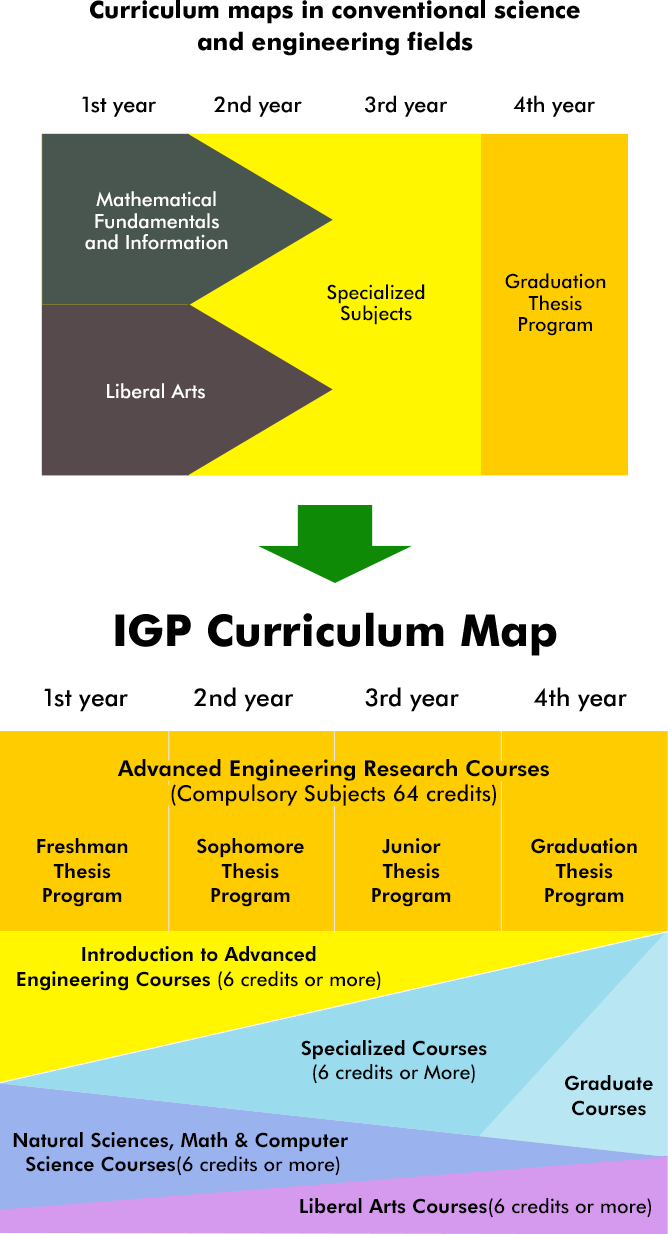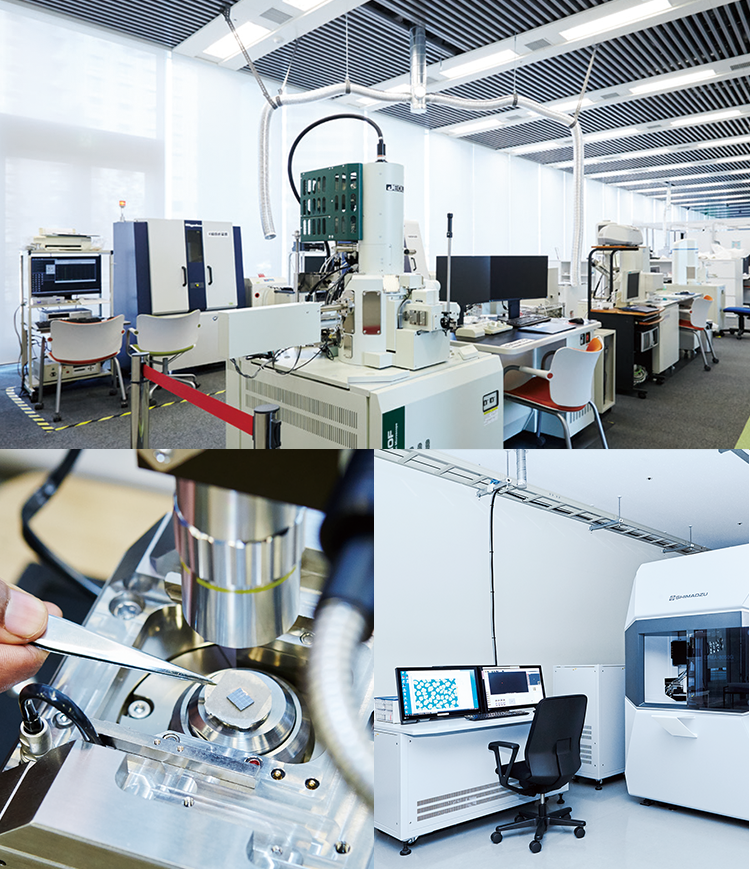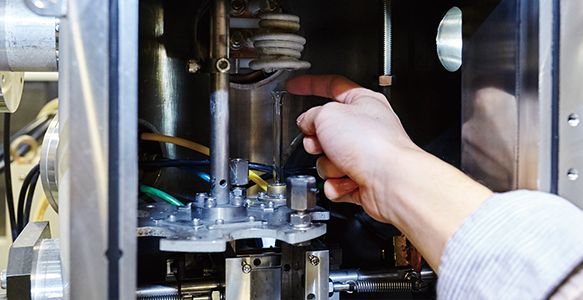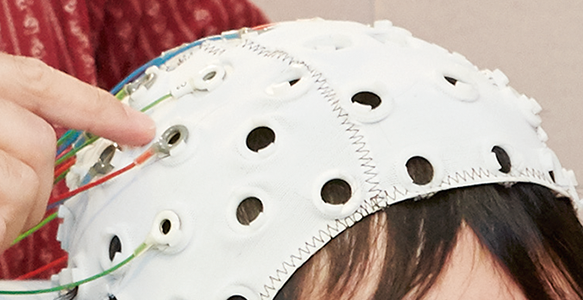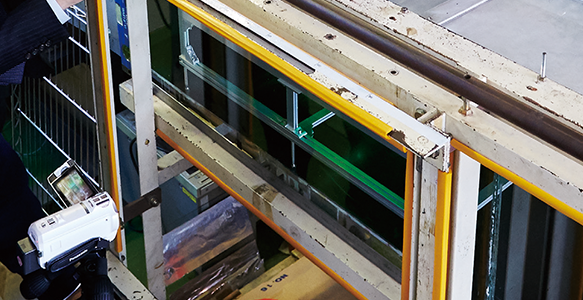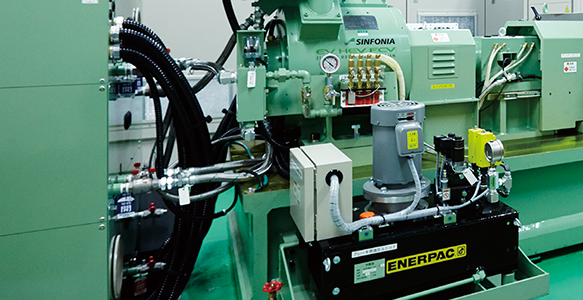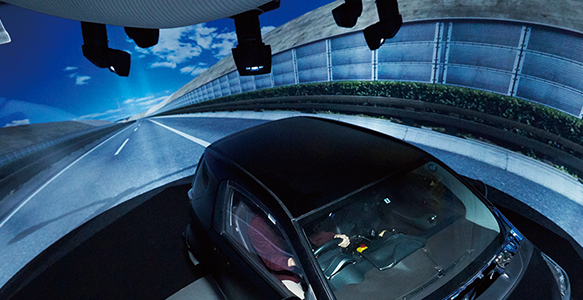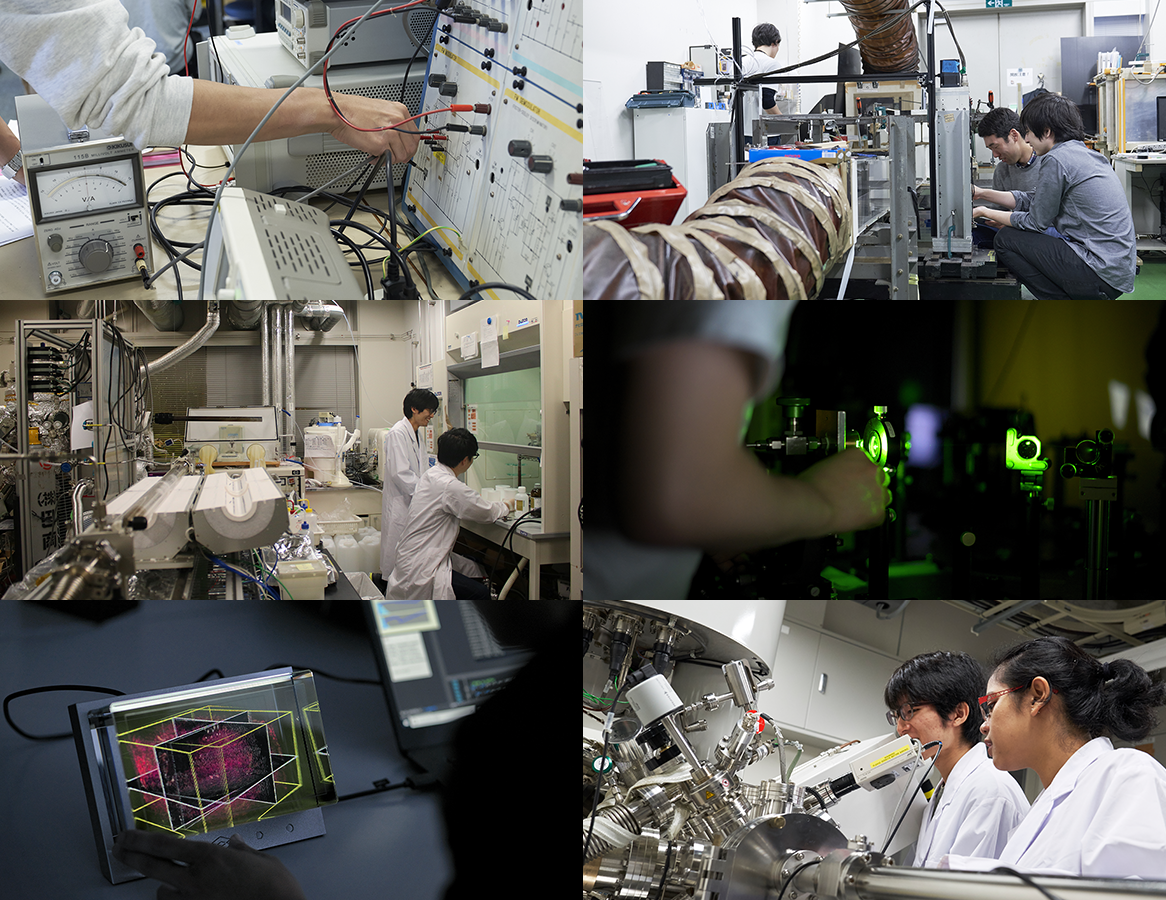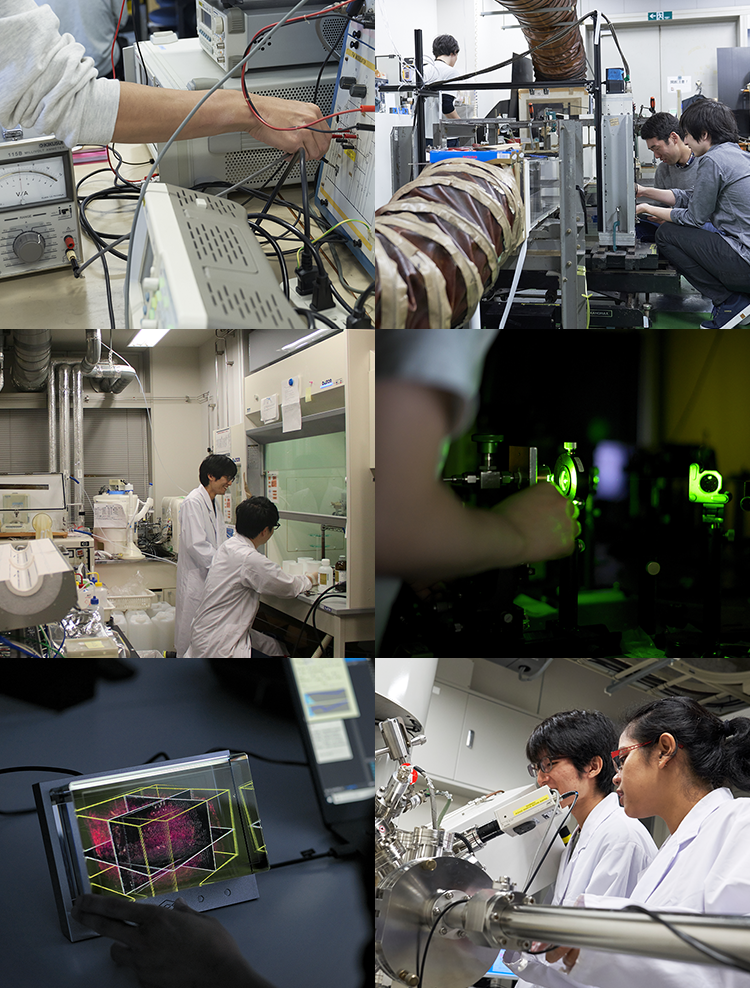The Innovative Global Program incorporates Research-Based Learning throughout the four-year course of study, as opposed to the conventional model which applies it solely to the final year of the graduation thesis project.
IGP introduces students to laboratory research from the first year, and provides an environment that enables students to pursue cutting-edge research under the guidance of a supervisor, advisers, and graduate students.
When students are already active researchers, they can approach each classroom subject more actively, ready to integrate and apply everything they learn.
The Innovative Global Program incorporates Research-Based Learning throughout the four-year course of study, as opposed to the conventional model which applies it solely to the final year of the graduation thesis project.
IGP introduces students to laboratory research from the first year, and provides an environment that enables students to pursue cutting-edge research under the guidance of a supervisor, advisers, and graduate students.
When students are already active researchers, they can approach each classroom subject more actively, ready to integrate and apply everything they learn.
Each student’s course of study is uniquely customized, but the general flow of study is presented below.
Each student’s course of study is uniquely customized, but the general flow of study is presented below.








